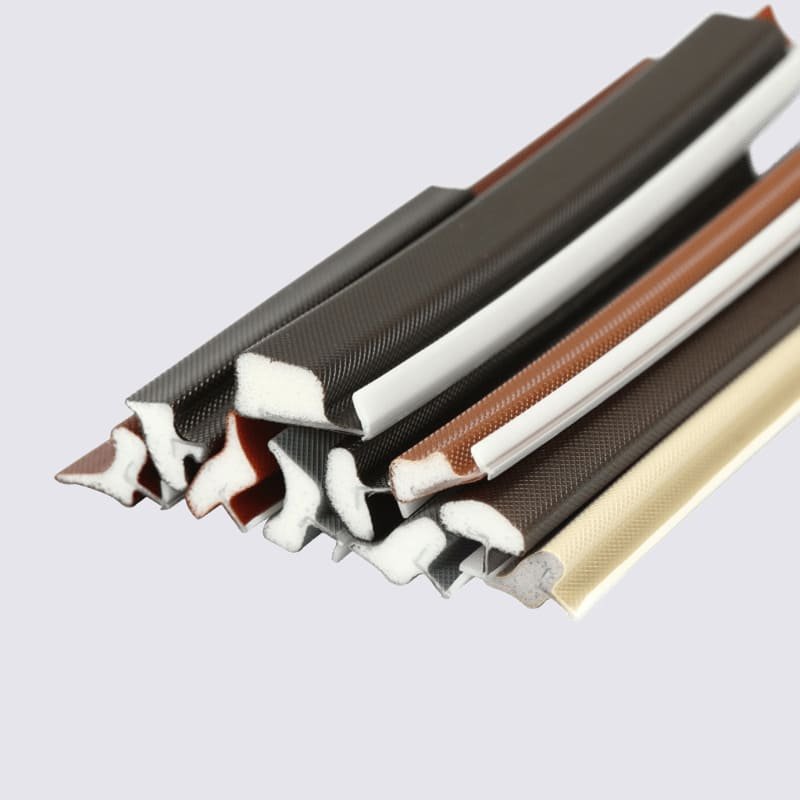Silicone hose couplers are useful fittings for connecting hoses together without metal parts. They are made from flexible silicone rubber that can withstand oil, chemicals, and extreme temperatures. Silicone coupler is resistant to UV rays and oxidation, making them a durable choice for many applications.
Silicone Coupler Types
You have several options for silicone couplers depending on the inner diameter and connection style needed:
- Straight Silicone Couplers – Straight silicone couplers are the most basic style. They have a uniform inner diameter and are used to connect two hoses of equal diameter.
- Reducing Silicone Couplers – Reducing couplers have different diameters on each end. This allows you to connect hoses of different sizes.
- 4 Inch Silicone Couplers – For connecting larger diameter hoses, 4 inch silicone couplers are a common size. They typically have an inner diameter between 3.5 to 4.5 inches.
- T-Shape Silicone Couplers – T-shaped couplers allow you to connect three hoses together at a 90 degree angle.
- Barbed Silicone Couplers – Barbed couplers have ridges or barbs on the inner surface that grip onto the hose to create a secure connection.
- Quick-Connect Couplers – Quick connect style have a locking collar that provides an easy-release connection for flexible hose applications.
Uses For Silicone Hose Couplers
Some common uses for silicone couplers include:
- Chemical Transfer – Silicone coupler is chemical resistant, making them suitable for transferring corrosive liquids and chemicals between storage tanks.
- Air Compressor Hoses – Silicone couplers connect air compressor hoses to tools like impact wrenches, sanders and inflation accessories.
- Hydroponics Systems – Silicone hose couplers join flexible tubing in irrigation and nutrient supply lines for grow systems.
- Automotive Applications – Silicone couplers connect vacuum hoses, coolant lines and brake lines on vehicles.
- RV and Marine Use – Silicone hose couplers join water lines, waste lines and ventilation ducts on RVs, boats and campers.
Benefits Of Silicone Hose Couplers
Some key benefits of silicone couplers versus metal fittings include:
- Flexibility – Silicone couplers can stretch and flex, absorbing movement and vibration between hoses.
- Chemical Resistance – Silicone is resistant to most acids, alkalis, salts and oils that would corrode metal fittings.
- Heat Resistance – Silicone rubber can handle continuous temperatures from -40 to 400°F.
- Non-Reactive – Silicone does not react with the fluids it carries, protecting hose integrity.
- Low Permeability – Silicone has very low permeability, preventing fluid absorption that could compromise connections.



